Could drinking juice be just as bad as soda? Here’s why that carton of orange juice isn’t as healthy as you think it is.
While it would be easy to think that fruit juice is good for you, the fact is, it’s high in sugar and carbs and low in nutritional value.
Unfortunately, fruit juice is not only a poor way to get the vitamins and other nutrients you get from eating whole fruit, but it’s also a fast-track way to destabilize your blood sugar. Let’s dig in.
Suffering from Diabetes or blood sugar imbalance?
Grab our FREE Paleo & Diabetes Guide
The Different Types of “Juice”
For many years, doctors advised getting your daily liquid intake from water, herbal tea, and fruit juice.
However, juice is not equal to water. Many juice products contain artificial flavorings, added sugars, synthetic nutrients, and even artificial color.
In fact, if you compare the nutritional facts on a 12-ounce can of soda versus a typical 12-ounce carton of juice, you’ll see that juice has a similar carb and sugar count. Many store-bought juices can even end up having more calories, due to the added sugars and artificial ingredients.
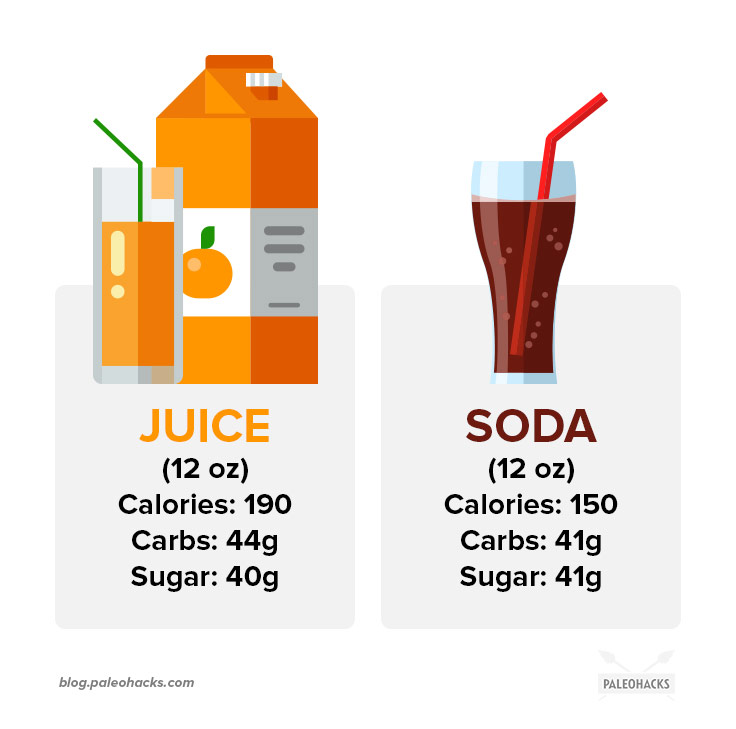
While fresh-pressed juice is not as bad as the packaged stuff, keep in mind that it’s still loaded with fructose, and lacks the fiber you need to keep your blood sugar from spiking.
6 Reasons Why Fruit Juice Isn’t Healthy

Fruit juice will never be as healthy as the original: whole, fresh fruit. Even fresh fruits that are juiced are missing a major component of the nutritional benefits, like fiber.
1. It’s Nutritionally Incomplete
While juice often contains some vitamins, like vitamin C, most of it is synthetically added. But you could argue that it’s still vitamins, right? The problem is that when you look at the total nutrient package of juice – macronutrients and micronutrients – the tiny bit of vitamins do not make up for the terrible macronutrient composition. Juice is almost entirely carbs and even if the sugars it contains are natural, they will still spike blood sugar and cause problems with insulin. (1)
Companies will go to great lengths to prove that their products are “all natural”, “100% pure”, “rich in antioxidants”, or provide some of your necessary daily fruit and vegetable intake. However, the sad fact is that marketing doesn’t have to tell the truth. Instead, check the nutrition facts on the label. If it’s mostly carbs, with no fiber, protein, or fat to balance it out, steer clear.
2. There’s No Fiber
Even if you have a 100 percent organic, no-sugar-added product, juice is still devoid of the fiber that was present in the fruit as a whole food.
Why is fiber so important? When it comes to things like fruit, which contain natural sugars, the fiber helps to slow down how the body uses those sugars, helping to prevent crazy insulin and glucose spikes. (2)
3. It’s Filled with Sugar
How often do you sit down and drink just a half cup of juice? When most people drink juice, they take in eight ounces or more, yet even a four-ounce serving of juice contains more grams of sugar than what is ideal for a single day’s intake.
Fruit eaten in whole form contains fiber and other bulk, so when you eat an apple, for example, you’re going to feel fuller than if you drink eight ounces of juice.
If you’re replacing your daily water intake with any amount of juice intake, you’re consuming as many grams of sugar as if you’re drinking a can or two of soda. Even though it comes from “fruit” sources, the sugar effect in your cells is the same.
4. It Could Lead to Obesity & Diabetes
The problem with drinking calories is that they don’t give you the same feeling of fullness as whole food would. Research shows that juice increases the chances of childhood obesity. (3) Fruit juice is also associated with a higher risk of developing type 2 diabetes. (4)
While living life by obsessively counting calories isn’t the way to achieve a healthy weight, the bottom line is that not all calories equal. A glass of apple juice will hold less nutritional value than an actual apple.
What to Drink Instead
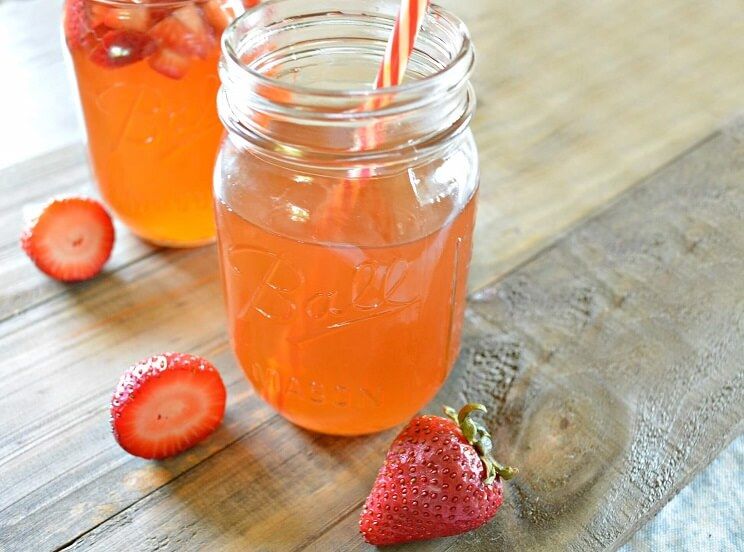
If you really love fruit juice, you don’t have to give it up entirely. Here are a few healthy ways you can still enjoy a sweet, thirst-quenching beverage – without all the problems of packaged juice.
- Drink fresh-pressed juice with pulp. If you leave the pulp in after juice, you’re keeping the fiber that is essential for slowing down glucose and fructose absorption.
- Sip on some kombucha. Rich in gut-friendly bacteria, some types of kombucha contain fruit juice and are also not loaded with sugar. Just make sure to read the label to check if it contains added sugars.
- Make your own fruit-infused water. Add fresh slices of fruit to a pitcher of water and chill in the fridge for a few hours. This will give you a sweeter taste with only a fraction of those natural sugars. Citrus fruits, strawberries, kiwi, lemon and even cucumber are all great choices.
The Bottom Line
Fruit is healthy and offers many nutritional benefits like vitamins, antioxidants, and fiber. Fruit juice, on the other hand, contains only a small amount of those health benefits and can be just as bad as drinking soda. Instead, drink juice with its natural pulp, kombucha, or fruit-infused water for a sweet drink that’s much easier on your body.
(Read This Next: A Nutritionist Lists 10 Fake “Healthy” Foods You’re Eating)


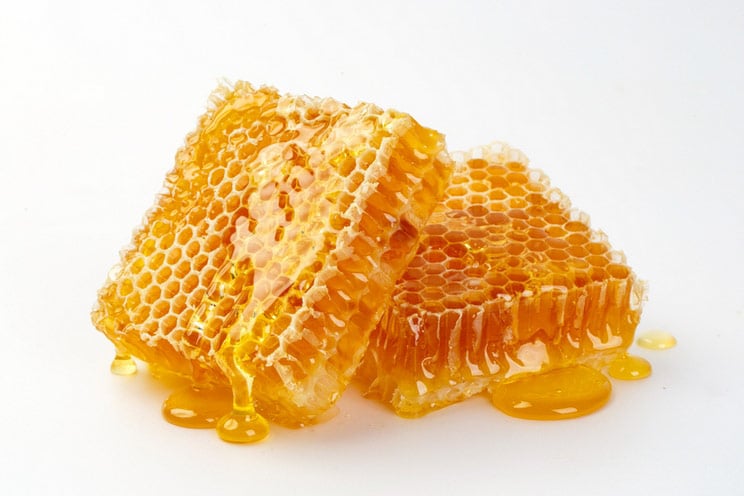

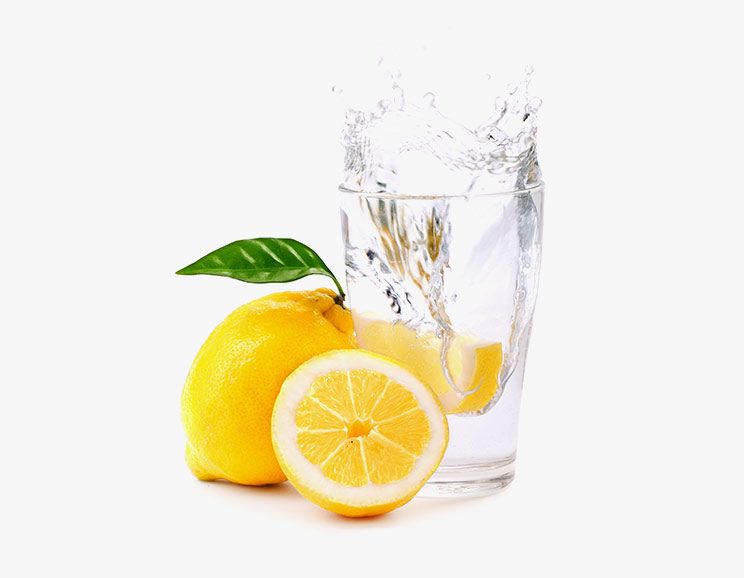

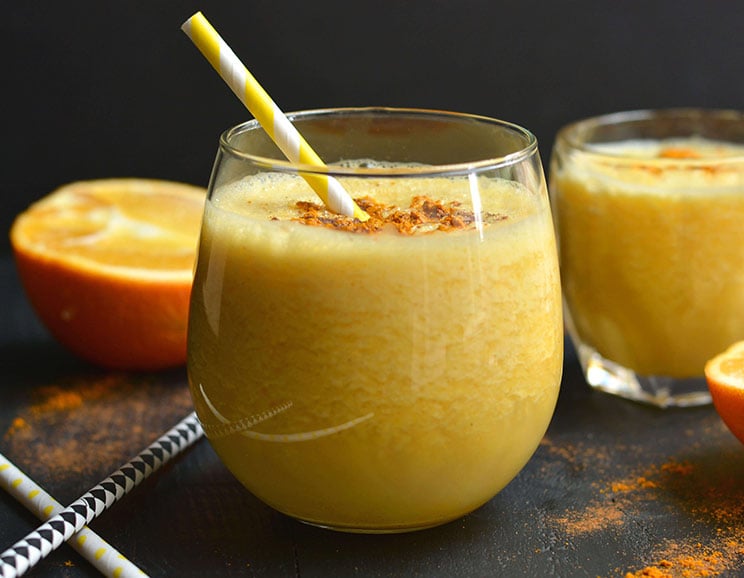
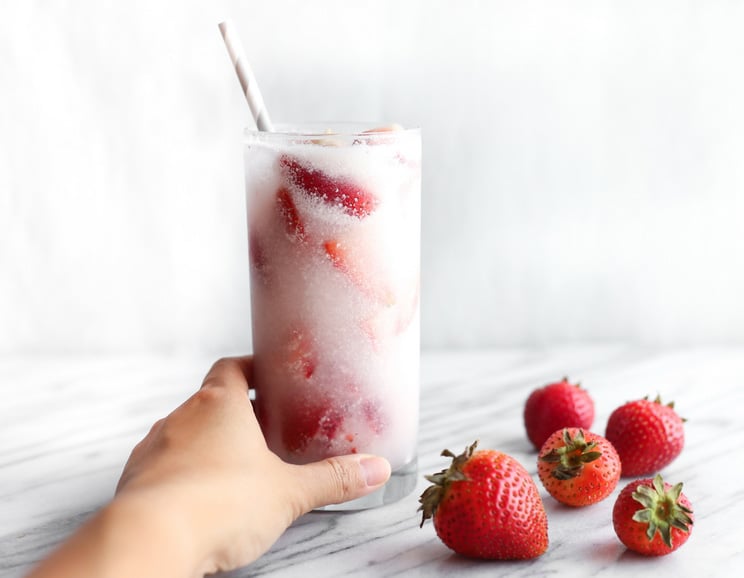
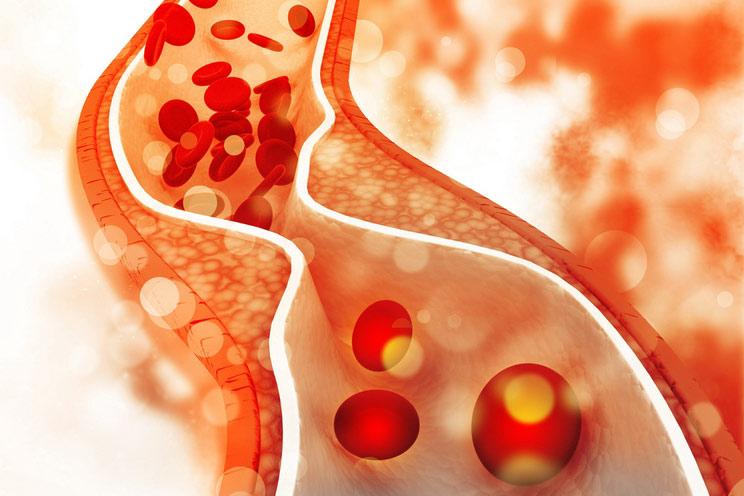
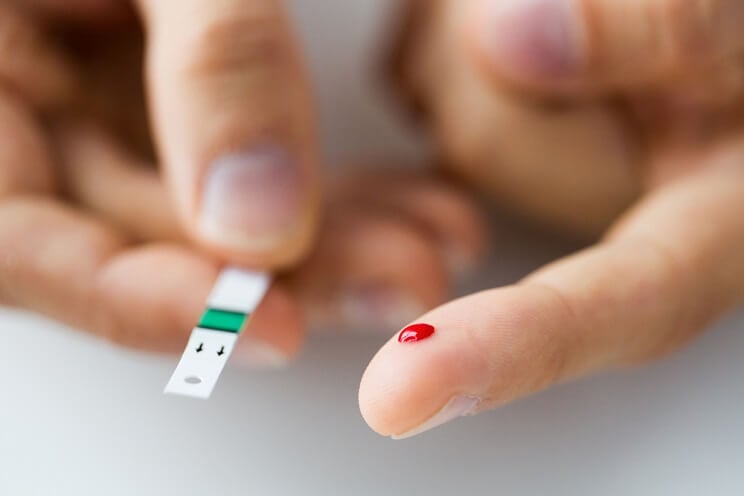
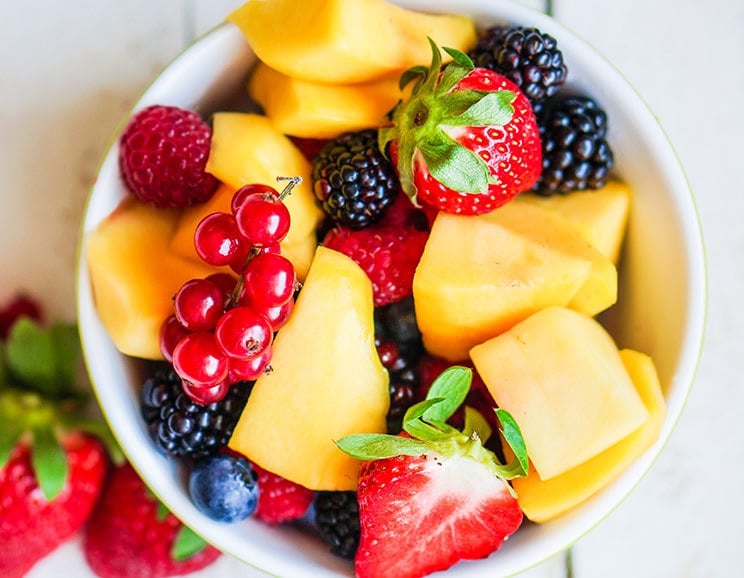
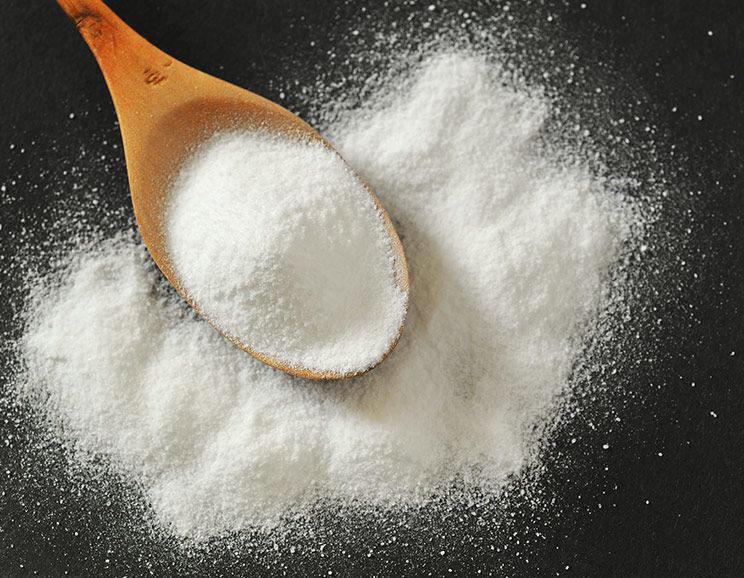
Show Comments